The annual figures of Fairtrade Netherlands show that Dutch folks are increasingly buying “fair products”. Sales of Fairtrade cocoa products increased by 16% last year. A further 89,5% of Dutch households also bought a Fairtrade product in 2020.
Too many people who make the food we eat are being exploited. They work under dire conditions or earn too little to escape poverty. That is why many people are increasingly opting for Fairtrade products. How does that work? Let us discuss fair trade.
What is fair and (un) fair trade?
Fair trade is often not self-evident. This is due to enormous power differences. The stores where you do your shopping are often large companies that turn over millions. That gives them a lot of power.
Too often, large corporations, such as supermarkets, abuse this power to push down their purchasing prices as much as possible, even below the price of making products. They can afford to do this because most of the products they buy in are made through cheap labour. This, in turn, leads to unfair trade.
Organisations such as Fairtrade ensure that products are traded under conditions that are fair, with respect for people and the environment. Under Fairtrade, for example, workers have the right to form and join trade unions, and forced or child labour is also prohibited.
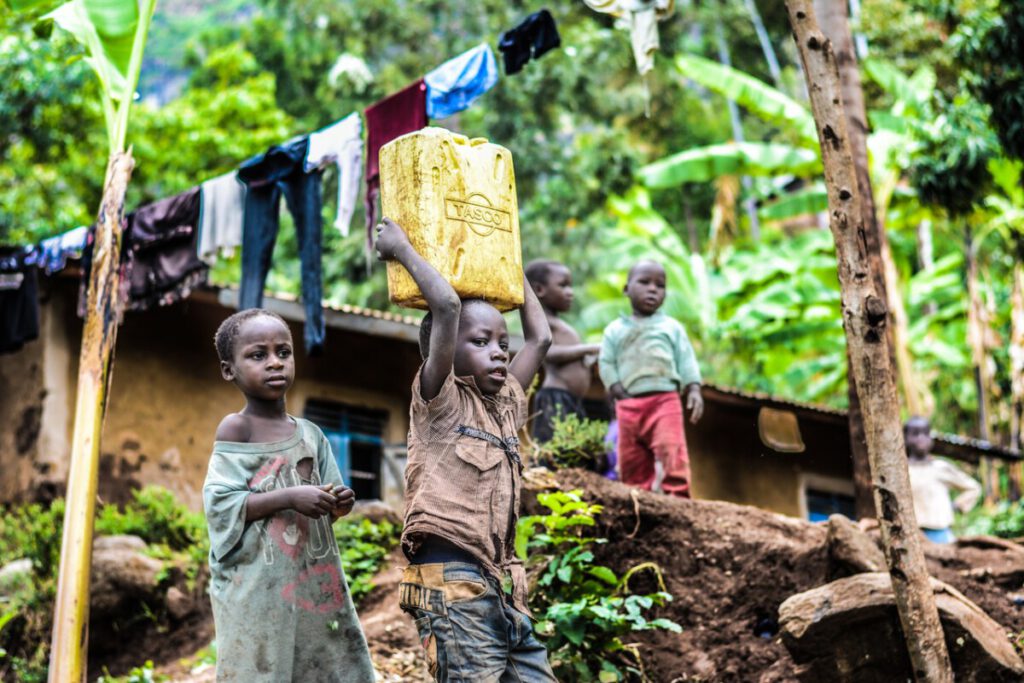
Additionally, farmers and producers receive fair pay for the work hey put in. Fairtrade also ensures long-term trade relations, so that farmers and producers can invest in themselves, their families, and the communities in which they live. Extra attention is also paid to the environment.
Fairtrade isn’t just a quality mark. It is a worldwide movement of many people who bear in mind the people behind a product when they sell it. And who, when buying products, don’t just think about how to buy it as cheaply as possible.
These are people who also pay attention to the two sides that are involved in the trade: the buyer and the seller. And take that into account. Do those who make/grow the products receive a fair price? Do they have reasonable working conditions? Is the trade chain transparent? Is there respect for the environment?
Unfair trade means that many farmers and workers in developing countries live in poverty. Workers often do not know whether they can feed their families, or pay their children’s school fees and afford healthcare for themselves and their loved ones because they earn that little. The income of farmers can suddenly collapse due to changing prices on the world market. That makes it virtually impossible to support their families and grow their businesses.
Fairtrade hopes to put an end to unfettered and unsustainable capitalism: where companies must learn to respect human rights and understand that making a profit should not be at the expense of human beings and the environment.
When people buy products with quality marks, they show businesses, especially clothing stores and supermarkets that they care about sustainability. Fairtrade labels for products such as tea, coffee, and fruit or ASC and MSC for fish and shrimps contribute to consumers paying more and more attention to people and the environment behind a product. Most importantly, it ensures that the farmers and workers behind a product earn more money.
What does the Fairtrade logo stand for?
Fairtrade sets the highest standards for production conditions and prices of all quality marks. It must be sustainable for people and nature. They also monitor the production chains. In addition, they inform consumers about the products they buy with the use of a quality mark on the packaging. The Fairtrade label is an international quality mark.
If you see the Fairtrade logo, for example on coffee, chocolate, or fruits, you know that the supplier:
- Pays a minimum price, with which the farmer should be able to comfortably pay the costs of the production. The minimum price should prevent the farmer from making a loss if the price of a product (suddenly) falls.
- Has paid a premium to the cooperative of which the farmer is a member. The farmers in the cooperative decide together how they spend that money, such as buying machines or building a (village) school. This distinguishes Fairtrade from many other quality marks.
- Respects the environment in the production chain.
Note: While all of these requirements can help prevent poverty, also understand that Fairtrade on its own cannot eradicate poverty.
Government policy is also needed. For example, in a country where capitalism is unfettered and there is widespread corruption, lack of quality and free healthcare and education, and other infrastructure and government policies to lift people out of poverty, there isn’t much that Fairtrade can do. But yes, Fairtrade does help in its own small way.
Is there also criticism of quality marks?
Many new quality marks have been added in recent years. Unfortunately, this does not mean that all labels are 100% exploitation-free.
Sometimes, for example, only the farmers in the production chain are considered, but not the workers in the processing industry. In most cases, not all ingredients in a product are certified.
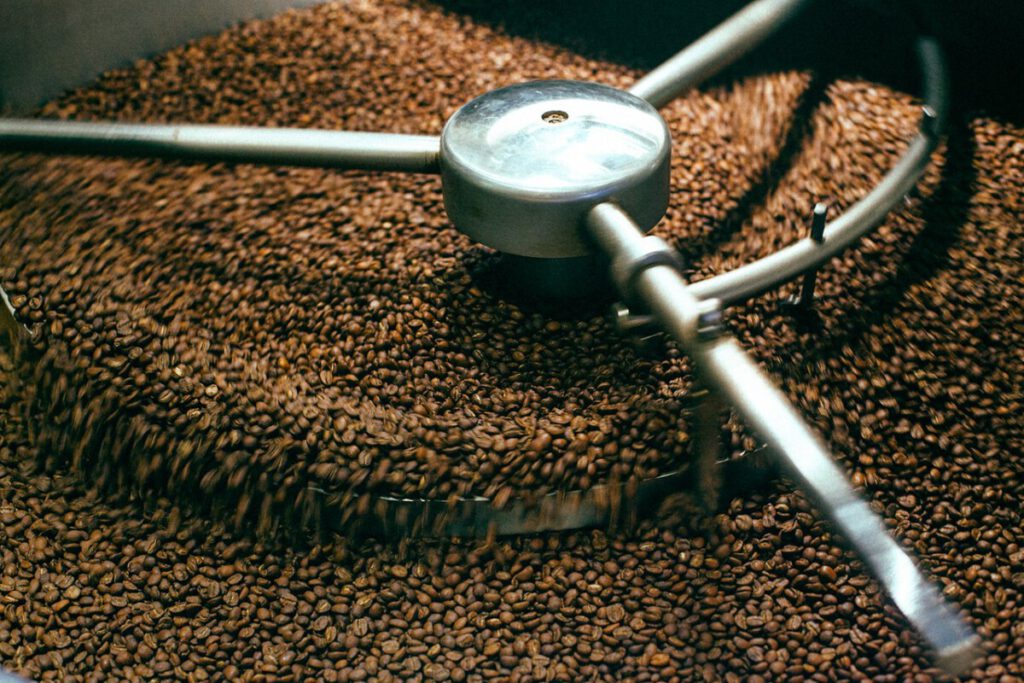
Actually, the more parts are needed to make a (final) product, the bigger the chance that the product will not turn out to be fair. And some brands that certify products do not have enough independent checks. In addition, not all quality marks protect farmers and workers to the same degree.
Are “organic” products always fair trade?
“Organic” is not automatically a guarantee of fair trade and fair trade is not automatically organic. If a product states that it’s organic, it means that it meets strict environmental requirements.
For example, it may mean that the product does not have additives, farmers didn’t make use of fertiliser, and that insects and other diseases that kill crops were eliminated with natural means instead of chemicals. “Organic” does not necessarily mean, for example, that a farmer received a minimum guarantee price.
Nowadays in the Netherlands, there are also products that are both Fairtrade and organic certified, such as bananas, tea, and coffee.
How can you take part in the Fairtrade movement in the Netherlands?
Everyone in the Netherlands can easily buy Fairtrade products in their local grocery stores. You can even take it up a notch and participate in your municipality’s Fairtrade campaign. Most gemeenten in the Netherlands have one. And participation definitely pays off; for you, your local Fairtrade organisation, the small and medium scale businesses that are involved, and especially for farmers and producers in developing countries.
The added value of participating is different for everyone. For some, it means building a larger network and gaining work experience. For others, it could be a means of promotion or being able to proudly show which Fairtrade products they sell or serve. But what they all have in common is that through the campaign they work locally with other companies, shops, residents, and the local government towards more fair trade products.
You participate by selling or using fair trade products yourself and actively promoting the products and businesses. You can also become a member of the core group in your municipality which actively encourages other people and organisations in the municipality to also opt for fair trade.
Fairtrade Gemeenten (Fairtrade in your local Municipality)
Fairtrade Gemeenten or “Fairtrade Municipality” in English, is an honourable title that indicates that in a municipality, shops, catering establishments, companies, organisations, residents, and the local government work together to engage in fair trade.
To earn this title, the local community has to work on six campaign criteria. For example, the criteria stipulate that a local group of volunteers must be active, municipalities must buy their products (such as coffee) sustainably themselves and fair products must be sold in local shops, etc.
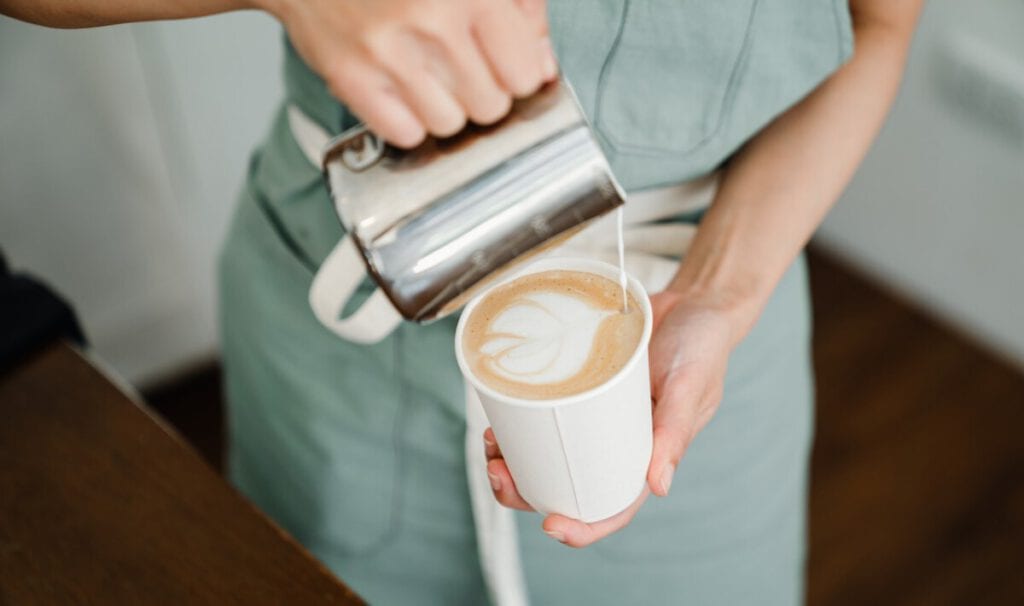
An independent jury then assesses whether municipalities meet these criteria and whether they can be designated as a Fairtrade Municipality. Since 2013, it has also been possible for provinces to obtain the title “Fairtrade Province.”
The campaign aims to increase the demand for, and the supply of, fair trade products. In order to provide more employment and better living and working conditions for farmers and producers in developing countries, more fair trade products must be sold.
This also applies in the Netherlands. The campaign stimulates this by rewarding entrepreneurs, employees, buyers, and consumers with positive attention and publicity for their choice for fair trade.
In 2007, ICCO, the National Association of World Shops and the Max Havelaar Foundation took the initiative to roll out the campaign in the Netherlands as well. In 2009, Goes and Groningen became the first Fairtrade Municipalities in the Netherlands. At the end of 2017, there were approximately 85 Fairtrade municipalities in the Netherlands and more than 2,000 worldwide.
The “Fairtrade Municipality” campaign also exists abroad. In 2001, Garstang, in the UK, became the world’s first Fairtrade Town. And since then, nearly 2,300 municipalities have already followed in their footsteps. For more information, visit Fairtrade Towns.
Fairtrade churches in the Netherlands
One interesting thing about Fairtrade in the Netherlands is that there are also Fairtrade churches in some municipalities. Some churches organise street markets where they sell Fairtrade products as a way of raising funds. Visit Fairtrade Gemeente Gouda for how you can turn your church or religious gathering into a Fairtrade organisation.
A fair trade future for the Netherlands?
If there is one thing the pandemic has shown us, it’s that unfettered and unsustainable capitalism only works for a few rich and privileged people. It destroys lives and is literally poisonous to our environment. This has been the “normal way” for years and it’s time that there’s a new way.
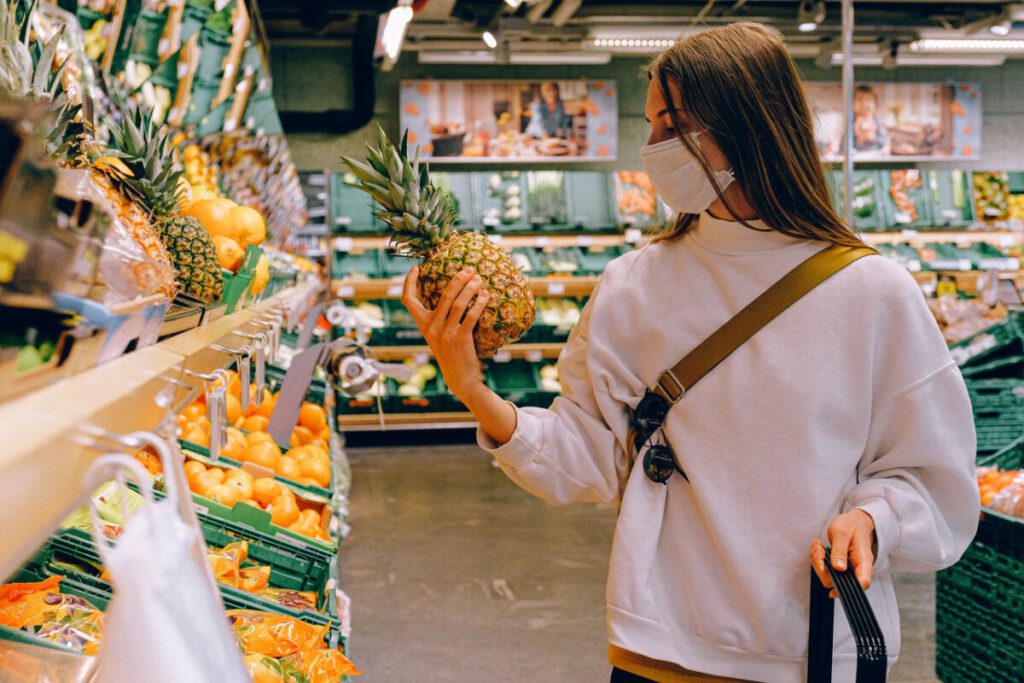
While Fairtrade may not be a new concept, we need it now more than ever. Discounts at our local supermarkets may be nice but most of the discounted products are not fair trade. We may not (yet) know what the “new normal” will be when the pandemic is over, but one thing we can try to do is make sure we buy more fair trade products and take part in the Fairtrade initiatives in our municipalities.
When we buy Fairtrade products, we don’t just support our local fair businesses, we also support fair businesses in other parts of the developing world. If there was ever a time to pay more attention to the businesses we support with our money, it’s now! We can all make a difference, one euro at a time.
Do you buy Fairtrade products and have you ever been to a Fairtrade Municipality or town? Share your thoughts on Fairtrade in the comments below!
Feature Image: Erik Scheel/Pexels.
Editor’s Note: This article was originally published in January 2021, and was fully updated in August 2021 for your reading pleasure.
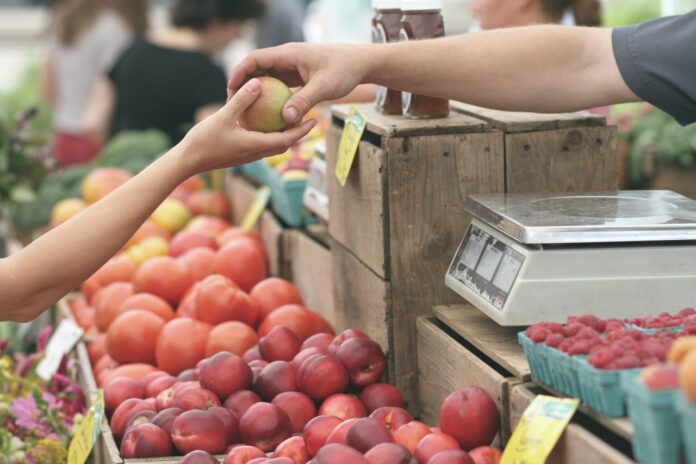
This, Fairtrade, is little more than same amalgam of half-truths and outright lies championed by the likes of Castro, Chavez and other Communist leaders. Join the Union is the rallying cry for all Socialists but the inevitable outcome is subjugation to the fascist leaders. – If this is too hard to understand, read George Orwell’s “Animal Farm”. Anything having to do with collectives and unions always leads to tyranny … always.